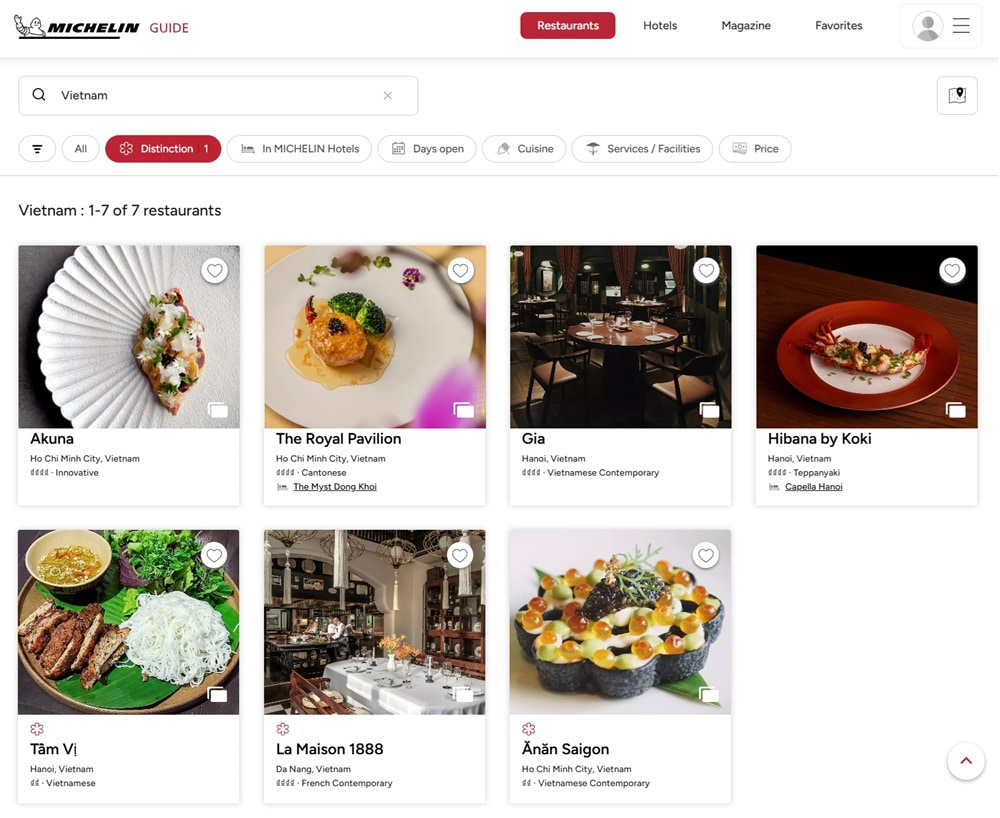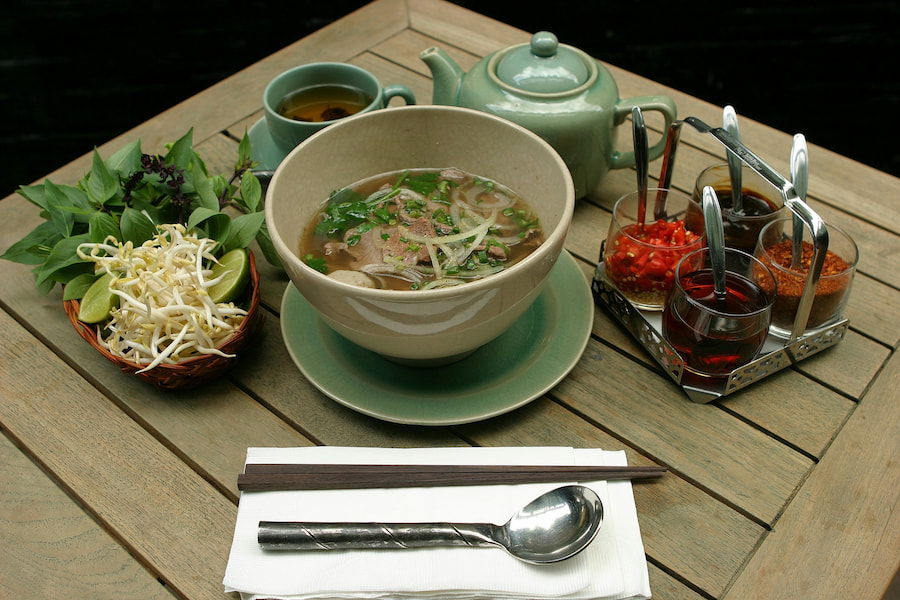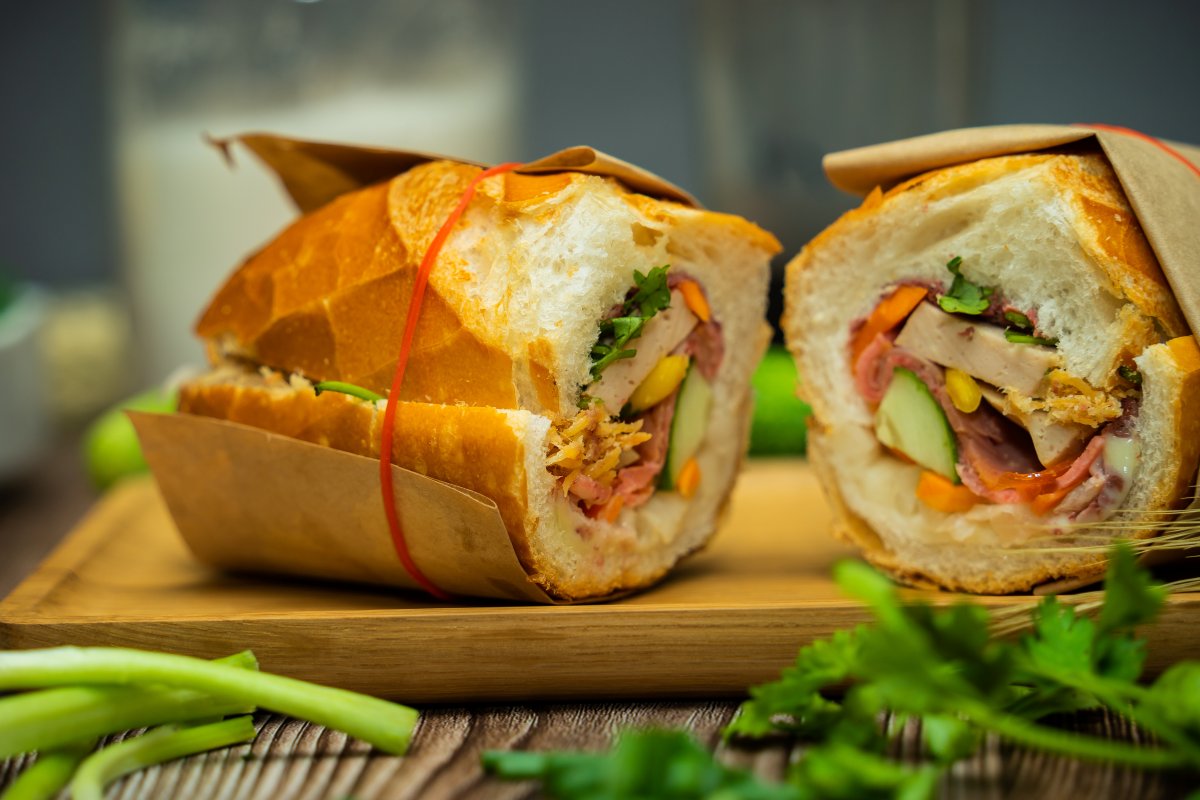Participation in international events, such as cultural festivals abroad, provides another avenue to promote Vietnamese cuisine globally. Within the borders of Vietnam, various culinary festivals and competitions can also help attract local and international visitors.
“Compared to events held in other Southeast Asian Michelin Guide-selected countries, like the World Gourmet Summit in Singapore and the Culinaire Malaysia, events in Vietnam are still rather small in scale, as is the participation of international culinary experts. There’s room for improvement there,” Dr Trang remarked.
Striving for long-term success and growth
RMIT Senior Program Manager of Tourism and Hospitality Management Dr Jackie Ong said a significant long-term challenge for Vietnam's F&B sector is maintaining high standards across all establishments, from street vendors to high-end restaurants.
This involves ensuring food safety and hygiene, particularly in informal settings while delivering consistent taste and presentation quality.
“Simultaneously, the industry must balance modernisation with authenticity, innovating to meet international expectations without losing the essence of traditional Vietnamese cuisine,” she said.
“Education and training in the F&B industry are crucial here. That way F&B professionals can provide exceptional services to meet diverse customer demands, while upholding industry standards and innovating.”
Worldwide there are growing demands for plant-based foods, functional health products, and sustainable practices in food production and service. Dr Ong believes adopting sustainable practices can be a way to minimise environmental impact in the long-term.
Chef Thien Tran, co-founder of 2D&ONE Culinary Academy, added, “Restaurants should continue adapting to new business models and technology investment, and make them permanent fixtures, further driving growth and efficiency.”
Finally, appropriate PR and marketing is essential. As Chef Le Nguyen Hoan Long, President of the World Association of Master Chefs - Vietnam Chapter explained, “Leveraging international recognition through marketing and PR can attract a wider audience, while enhancing customer experiences with exclusive menus and chef collaborations is vital for sustained success.”
Chef René Marre emphasised, “Vietnamese restaurants should capitalise on their inclusion in prestigious rankings like the Michelin Guide, TimeOut, TasteAtlas, and Asia's 50 Best Restaurants by promoting their achievements in advertising, and ensuring consistently high-quality service and innovation.”
Story: Ngoc Hoang






